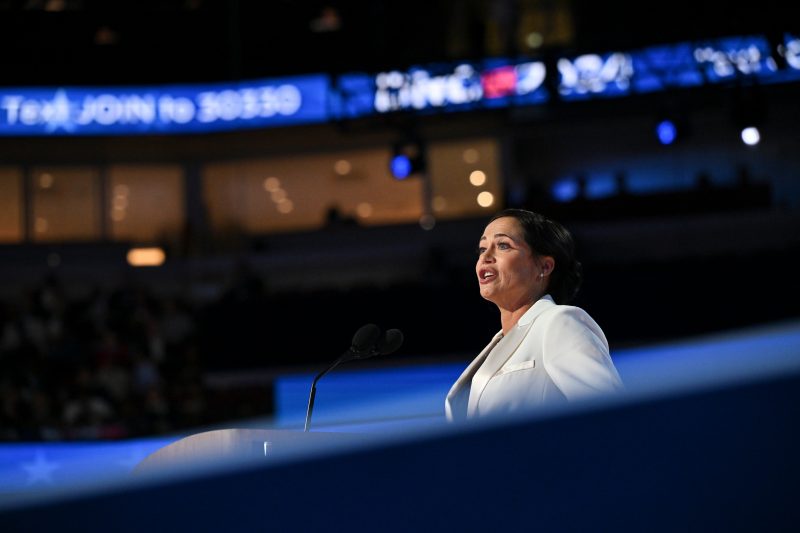
The Battle of Voices: Contrasting Speakers at the Two Conventions
In an ever-evolving political landscape, one constant remains – the power of rhetoric and persuasion in shaping public opinion. The recent party conventions held by the Democrats and Republicans showcased distinct differences in the speakers chosen to represent each party. From prominent political figures to everyday citizens, the lineup at each convention reflected the values and priorities of their respective parties.
The Democratic National Convention featured a diverse array of voices, representing a cross-section of America. High-profile speakers such as former President Barack Obama and Vice President Joe Biden took center stage, rallying support for their party’s vision for the future. Additionally, the convention highlighted ordinary Americans, including essential workers, activists, and everyday citizens, sharing their stories and concerns. This emphasis on inclusivity and diversity underscored the Democratic Party’s commitment to representing all Americans, regardless of background or status.
In contrast, the Republican National Convention showcased a lineup dominated by prominent political figures closely aligned with President Donald Trump. From Vice President Mike Pence to members of Trump’s family, the speakers at the Republican convention largely echoed the president’s rhetoric and policies. The emphasis on loyalty and unity within the party sent a clear message of unwavering support for Trump and his agenda. The absence of dissenting voices or differing viewpoints further reinforced the party’s commitment to a singular message and leader.
One striking difference between the two conventions was the presence of elected officials from the opposing party. While several Republicans, including former Ohio Governor John Kasich and former Secretary of State Colin Powell, spoke at the Democratic convention, very few Democrats made appearances at the Republican convention. This contrast underscored the growing political polarization in the country, with each party increasingly retreating into its own echo chamber.
Another key distinction was the tone and messaging of the speeches delivered at each convention. The Democratic speakers emphasized unity, empathy, and a call for change, framing the upcoming election as a pivotal moment in American history. In contrast, the Republican speakers focused on law and order, patriotism, and a defense of traditional values, painting a stark contrast between the two parties’ visions for the country’s future.
Ultimately, the choice of speakers at each convention reflected the broader strategies and priorities of the Democratic and Republican parties leading up to the election. While the Democrats emphasized diversity, inclusivity, and a broad coalition of voices, the Republicans prioritized loyalty, unity, and a singular message aligned with the president. As voters head to the polls in November, the impact of these conventions and the messages they conveyed will undoubtedly shape the outcome of the election and the future direction of the country.
